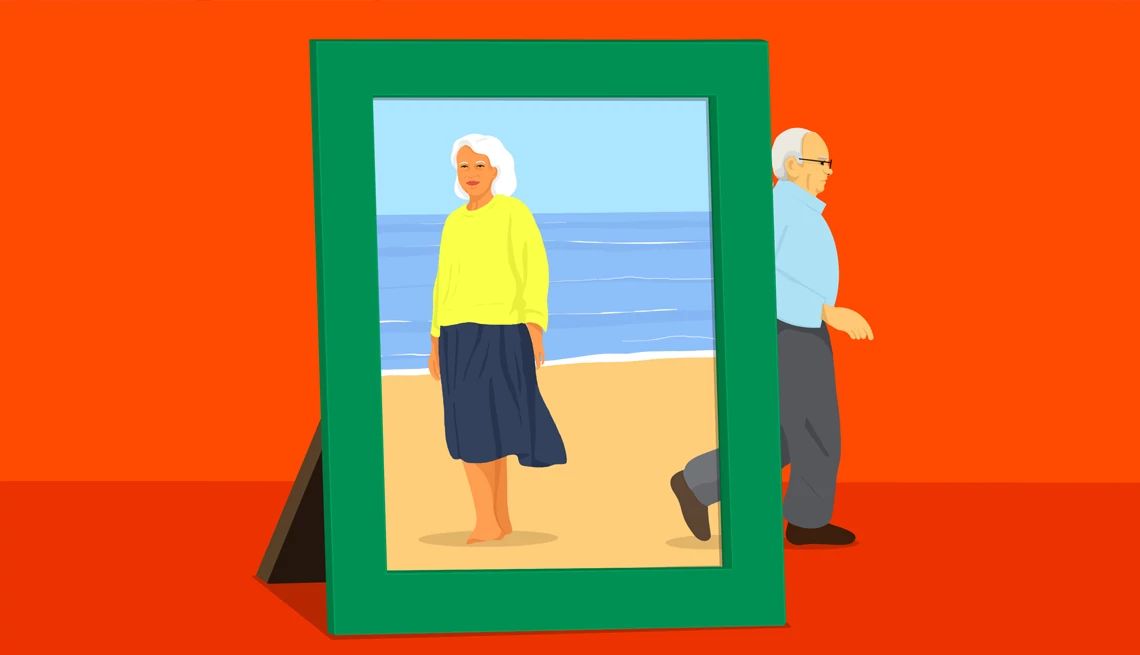AARP Hearing Center


Have you ever watched Couples Therapy, the hit documentary series that follows real-life couples as they navigate their troubled relationships with their therapist? I have, and I’m hooked.
Sexless marriages, tough talks, open relationships — these are some of the top issues that turn up on the show and, as it happens, in questions from you.


In the Mood
For AARP’s In the Mood column, writer Ellen Uzelac will ask experts your most pressing 50+ sex and relationship questions. Uzelac is the former West Coast bureau chief for The Baltimore Sun. She writes frequently on sex, relationships, travel and lifestyle issues.
In our column this week, three certified sex therapists respond to two readers who have entirely different perspectives on something that’s not all that uncommon in 50-plus circles: the sexless marriage.
My wife and I have not had sex in 10 years — her wish, not mine. My therapist has suggested finding intimacy outside the marriage. She also said that maybe our marriage is over and that I should move on. Thoughts?
There’s a lot to unpack here, starting with asking yourself why, after all these years, you’ve stayed instead of strayed, says sex therapist Sari Cooper, founder of the Center for Love and Sex in New York City: “You haven’t ended the marriage. Why not? Something has kept you there. What was it?”
Some of the reasons she hears from couples in sexless marriages is that they find their connection through other priorities, like raising a family or building a business, and that can be OK, she adds, saying “not engaging sexually doesn’t necessarily mean the marriage is not up to snuff.”
But it is worth exploring, especially if both parties aren’t OK with the situation, she says. How do you do that?
Start a conversation. If you haven’t done it already, sex therapist Sonya Maya advises talking to your wife about what’s behind the sex drought.
Questions that Maya suggests you and your wife explore, preferably with a sex or relationship therapist: Have either of you made any effort to communicate about the issue? If so, how was it communicated? And is there is any form of intimacy at all that your wife might be interested in, such as massage, kissing or cuddling?





































































You Might Also Like
Does Exercise Affect Sex Drive? And How Can I Prevent Premature Ejaculation?
Experts answer the questions you are too embarrassed to askWhat's a Normal Amount of Sex for Older Adults?
Plus, help me get my libido back!
Recommended for You